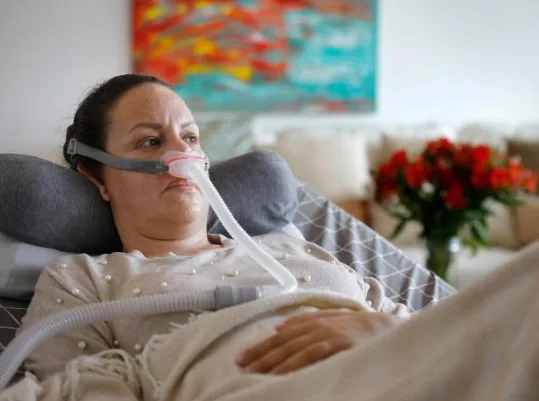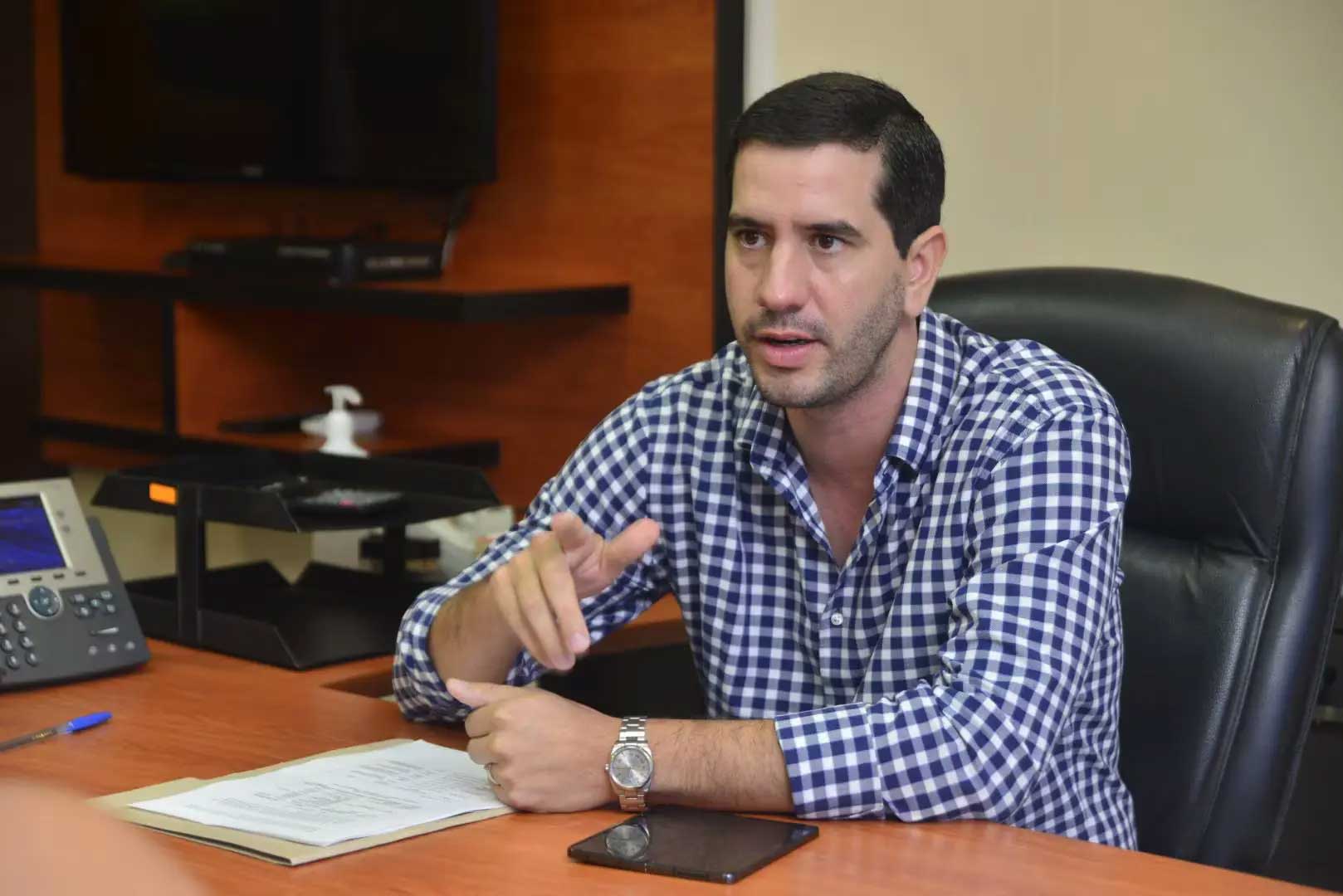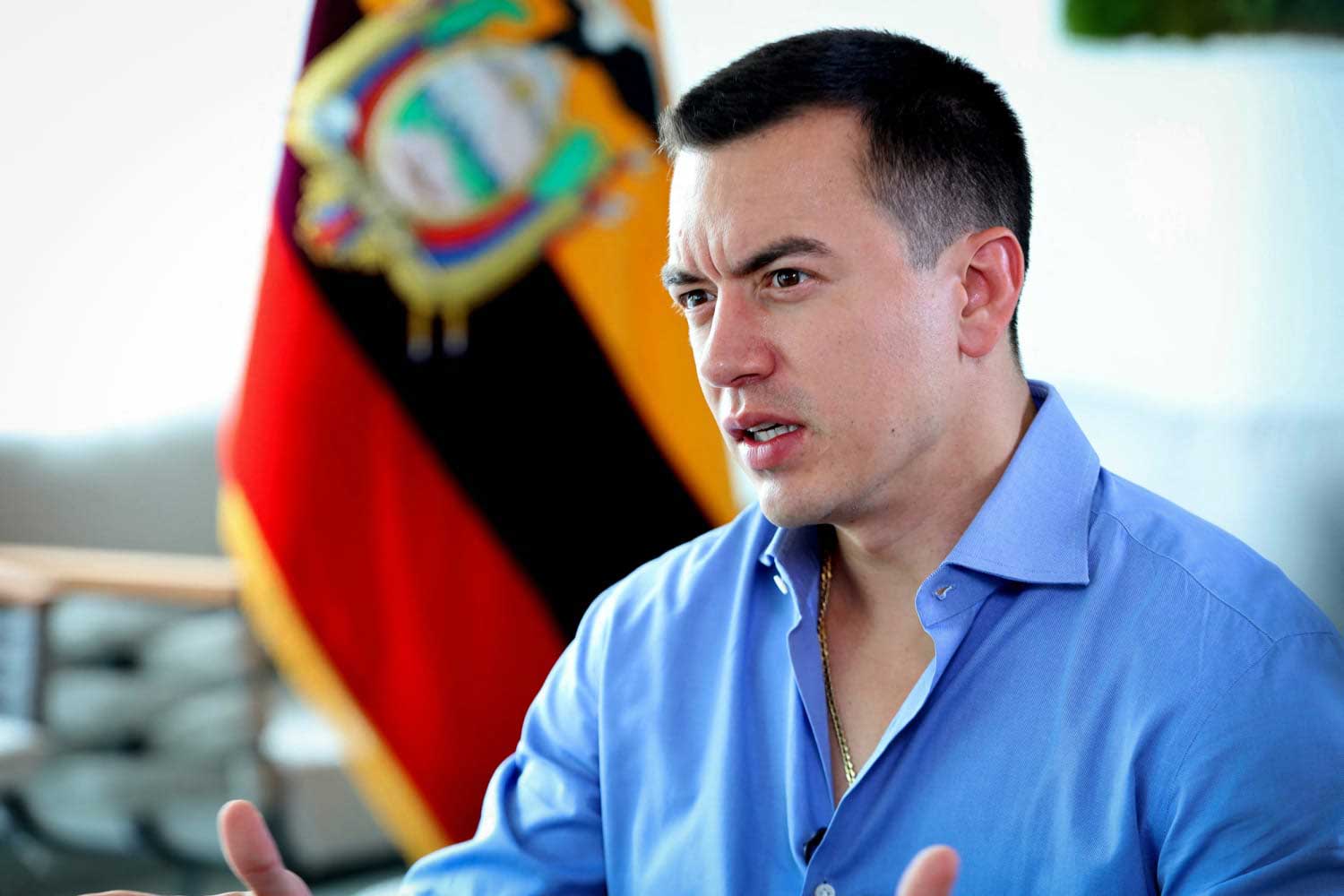Quito woman who led the successful court fight to legalize assisted suicide dies at 42
Paola Roldán, the woman who fought for the decriminalization of euthanasia in Ecuador, died Monday from amyotrophic lateral sclerosis (ALS). The painful disease, first diagnosed in 2020, kept Roldan 95% disabled and hooked up to a breathing machine and under palliative care.

Paola Roldán died Monday at her home near Quito.
Hours before her death and with the help of her medical team, Roldán posted a message on Instagram in which she thanked all the people who sent well-wishes in recent months and for their support in her fight to legalize euthanasia.
“My greatest desire is to leave my son a more caring, compassionate, loving and collaborative world,” she wrote. “I feel that this is the way to protect him, and I will keep trying until my last breath.”
On Monday, her family issued a statement highlighting Roldán’s struggle: “Paola’s fight for the right to a dignified and compassionate death has left a lasting impact on our society. Her courage and determination has paved the way for a significant change in Ecuadorian law, allowing those facing terminal medical conditions to have the option to say goodbye with dignity and without unnecessary suffering.”

Paola Roldán during a 2012 vacation in the U.S.
The family said Paola “departed this world in peace, surrounded by her family, with an ‘I love you’ dedicated to those of us who helped her.”
On February 7, Ecuador’s Constitutional Court approved the conditional decriminalization of euthanasia based on a lawsuit of unconstitutionality of Article 144 of the Comprehensive Penal Code — which established a process for simple homicide to anyone who helps a person who wishes to end his or her through assisted suicide.
Roldán’s legal team had filed the suit in August 2023.
Paola Roldán’s efforts opened a broad debate in Ecuador, a staunchly Catholic country, between those who defend life despite the pain of an incurable disease, and those who believe that patients with a fatal, painful diagnosis should be allowed to make a decision about whether or not to continue their lives.
In early January, Paola Roldán explained her motivation to change the law. “My particular case is pressing, given the advance of ALS and the possibility that my ability to communicate will be limited. The day I can’t express my will or be allowed to decide when to end my life, I will stop exercising my freedom, I will lose my dignity. You can’t have a dignified life without a dignified death,” she said.
ALS “is a deadly type of motor neuron disease characterized by progressive degeneration of nerve cells in the spinal cord and brain. It is one of the most devastating disorders that affects the function of nerves and muscles,” according to doctors at the Johns Hopkins Hospital in the U.S.
Euthanasia, according to the Royal Spanish Academy of Language, is the “deliberate intervention to end the life of a patient with no prospect of cure”. The National Cancer Institute of the United States describes it as the “intentional termination of the life of a person suffering from an incurable or painful disease, at the request of the person”.



















